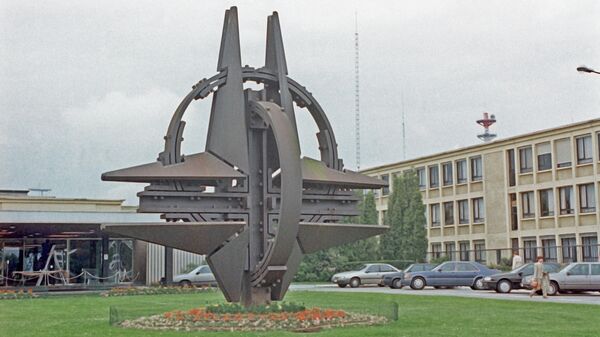Government officials from Germany and the Netherlands have signed an agreement this week to build the first-ever joint military internet, dubbed TEN (Tactical Edge Networking), reports ZDNet.
The corresponding accord was penned on Wednesday in Brussels, Belgium, against the backdrop of NATO defence ministers' meeting there this week.
In what is being viewed as a trial test for unifying other NATO members' military networks in the future, this is a debut project between the two nations to agree to integrate parts of their military network.
Koblenz, Germany, has been selected as the headquarters for TEN, to be complemented by a design and prototype centre at Bernard Barracks in Amersfoort, the Netherlands.
At the opening stage TEN will merge communications between the German army's land-based operations and the Dutch Ministry of Defence's “FOXTROT” tactical communications program.
Troops using TEN will employ identical computers, radios, tablets, and telephones, regardless of the country of origin.
Re-equipping tens of thousands of soldiers and vehicles with new, compatible equipment on which TEN deployment will be possible is approximated to cost the two countries millions of euros.
They initially agreed to build a joint network for their militaries in May 2018. The two nations have worked very closely together since 1995, with the latest deal building upon that.
The underlying aim of the project is to ultimately have NATO members share military networks, so new, enhanced joint standards can be developed and deployed across all NATO states.
NATO defence ministers met on 26 June for talks on key security challenges, progress on burden sharing, the alliance’s defence and deterrence posture, new technologies and the mission in Afghanistan.
The declared ultimate goal to achieve integration is something that has so far eluded NATO, despite the availability of technology towards this.
This latest move is being hailed as a test that will be closely observed by other NATO members.




